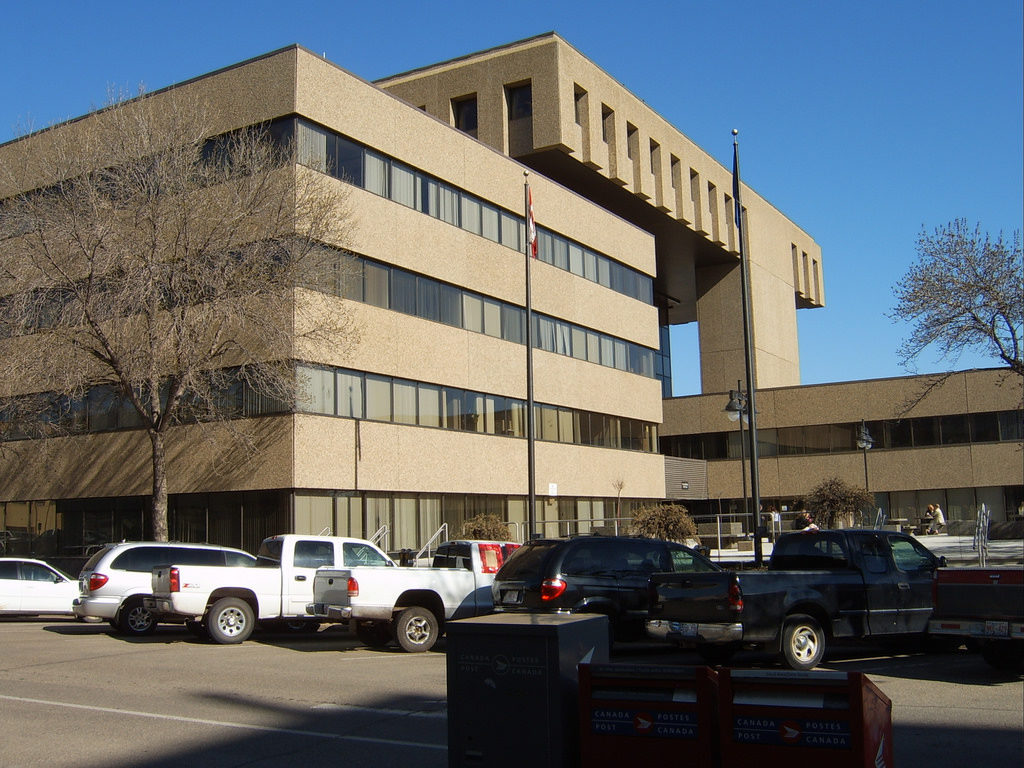WHAT IS IT?
What is the Extrajudicial Measures Program?
Extrajudicial Measures Program
Direct referrals from the RCMP. A charge hasn’t been laid and the concerns are diverted to a community program. The young person enters into a 45-day contract with the Youth Justice Committee. If successful the matter is concluded. If unsuccessful the file is returned to police for further action and possible charges.
Referred youth are normally residents of the City of Red Deer, attending school in the City of Red Deer, or have committed the offense in the City of Red Deer. However, the RDYJ Committee may agree to hear cases from outside this jurisdiction where circumstances warrant.
Extrajudicial Sanctions Program
Referrals from court through the Crown Prosecutor’s office. A charge may be laid and court date adjourned (set over to a future date) to accommodate the completion of this program. The young person enters into a 90-day contract with youth justice to complete sanctions. The youth is required to attend all scheduled court dates. If successful the charges will be withdrawn. If unsuccessful the matter is returned to the courts for possible prosecution.
HOW IT WORKS
* 90% of youth successfully complete the program. It is the most effective intervention program with life-long benefits for youth who would otherwise carry the burden of a criminal record.
Committee Meetings are conducted by Volunteers with the Red Deer Youth Justice Committee. A parent, guardian or responsible adult should attend the meeting with the youth. You are also allowed to attend with legal representation, if applicable. The RDYJC Coordinator will confirm your Meeting location, date and time. These meetings are usually held in Room 111 in the Provincial Building which is located at 4920—51 Street. The South Entrance Doors are locked at 4:30pm – please wait for a Committee Member to let you in.
If applicable, the RDYJC Coordinator may ask for the following documents to be brought to the committee meeting, although not always required.
- Report Cards
- Progress Reports
- Reference Letters

The process is a conversation between youth, parents and committee members. Although committee members have access to the police report they will ask youth to explain what happened; they will ask youth and parent questions for clarity, listen and discuss the circumstances surrounding the offence. The youth must take responsibility for their actions and the offence they have been referred about. Collectively, committee members, youth and parent/guardian will decide and then reach an agreement on the consequences which the youth will be required to complete within a specified amount of time (90-days court referral, 45-days police referral). The youth must sign the agreement and will be given a copy.
Some of those example of consequences can be the following below:
If the youth is successful their file is returned to the referral agency (courts or police) and no further legal action is taken.








